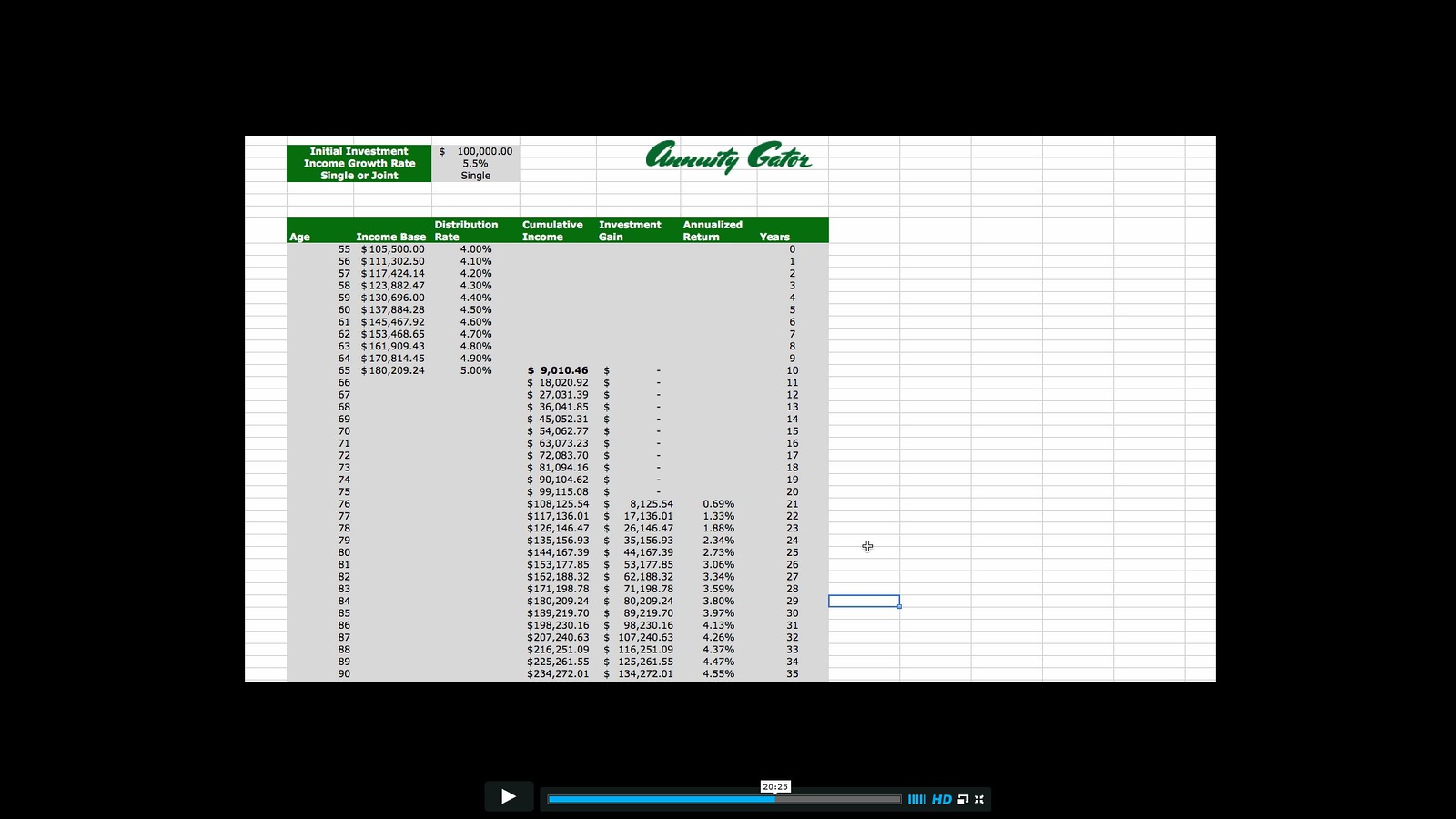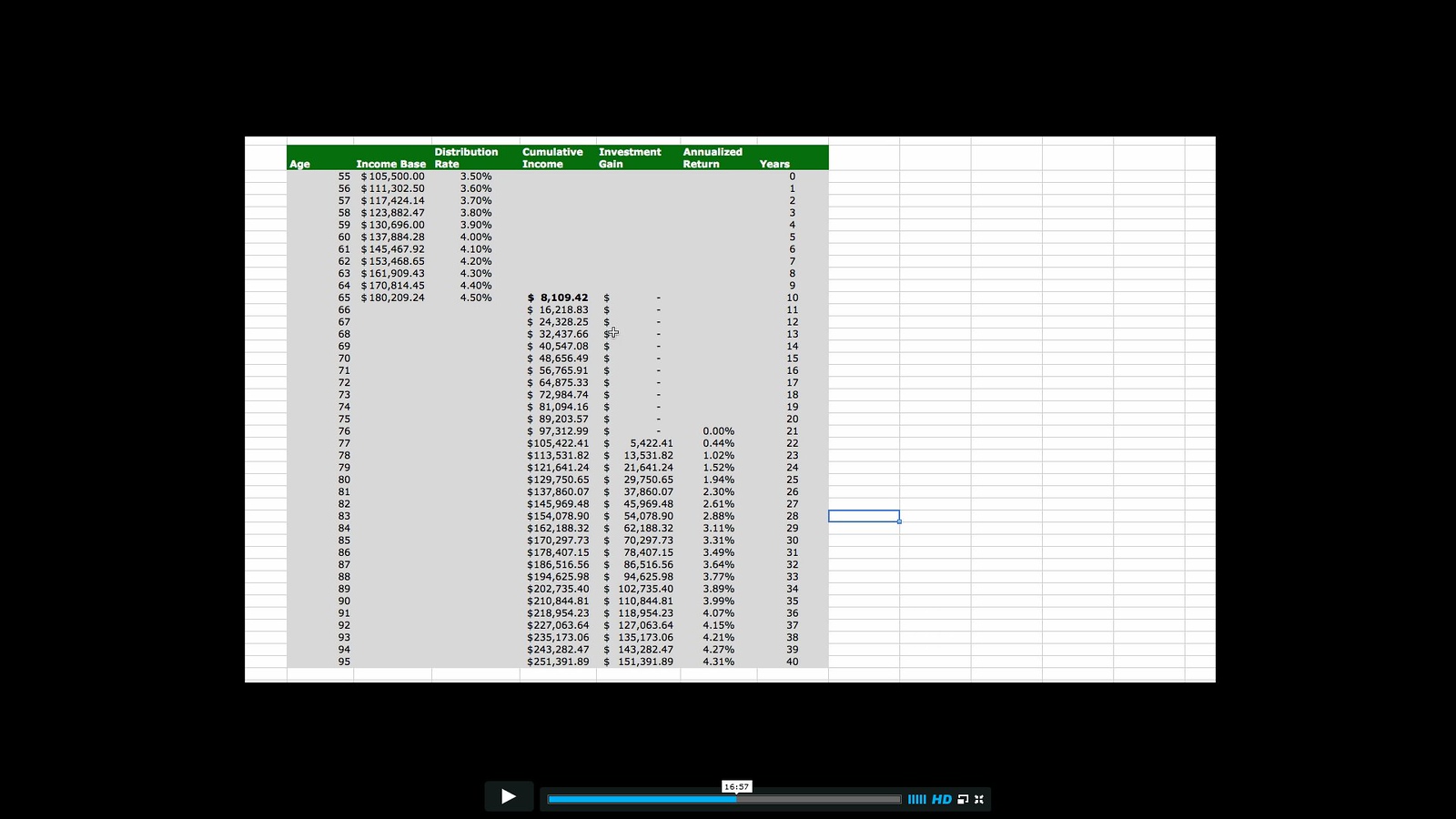jammes2014
Dryer sheet wannabe
- Joined
- Nov 19, 2013
- Messages
- 14
I’ve managed to save a good deal but have never been that good at handling my own investment accounts. Furthermore, I do rather desire some predictability. Eventually, I’d be OK with putting about half, or more, of my worth into an annuity – either an immediate annuity when I turn 62 or, in order to lock in a bit more, purchasing a 5-year deferred annuity now.
I’m wondering what the thoughts here would be from those not completely adverse to annuities. Thanks.
Today’s figures are these: immediate annuity ($100,000) = $954 monthly; 5-year deferred = $1,244.
I’m wondering what the thoughts here would be from those not completely adverse to annuities. Thanks.
Today’s figures are these: immediate annuity ($100,000) = $954 monthly; 5-year deferred = $1,244.


